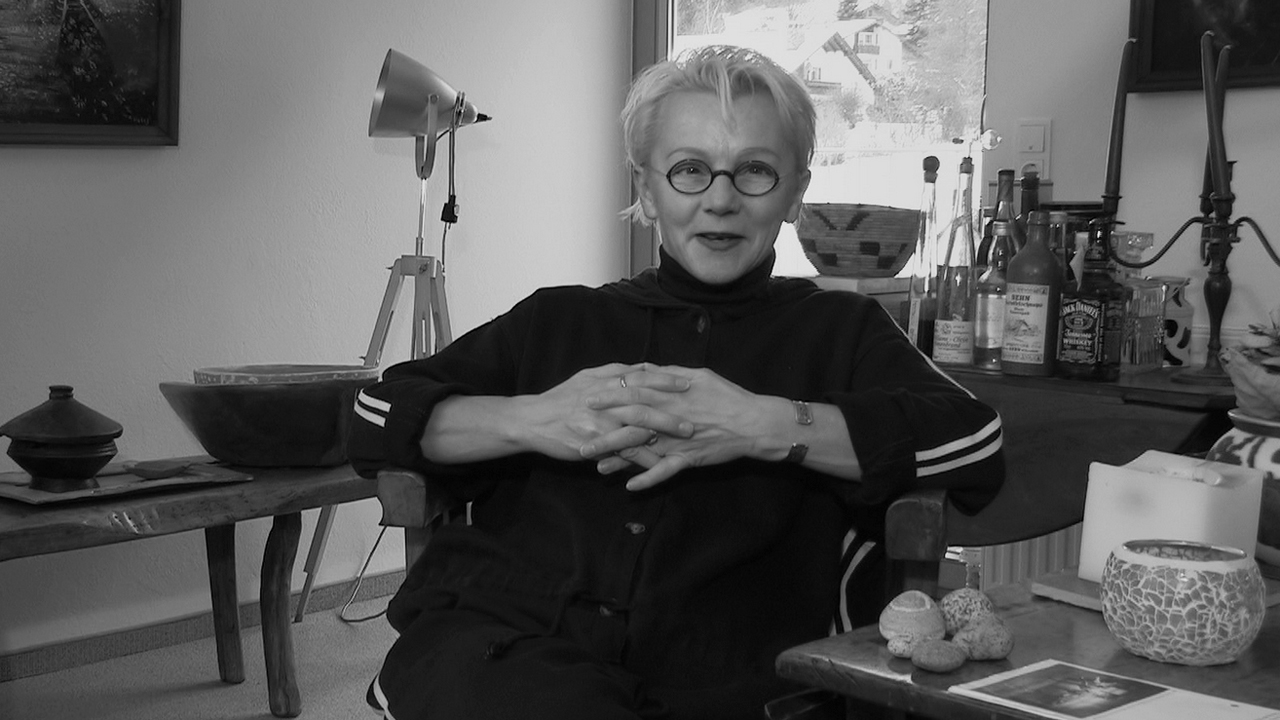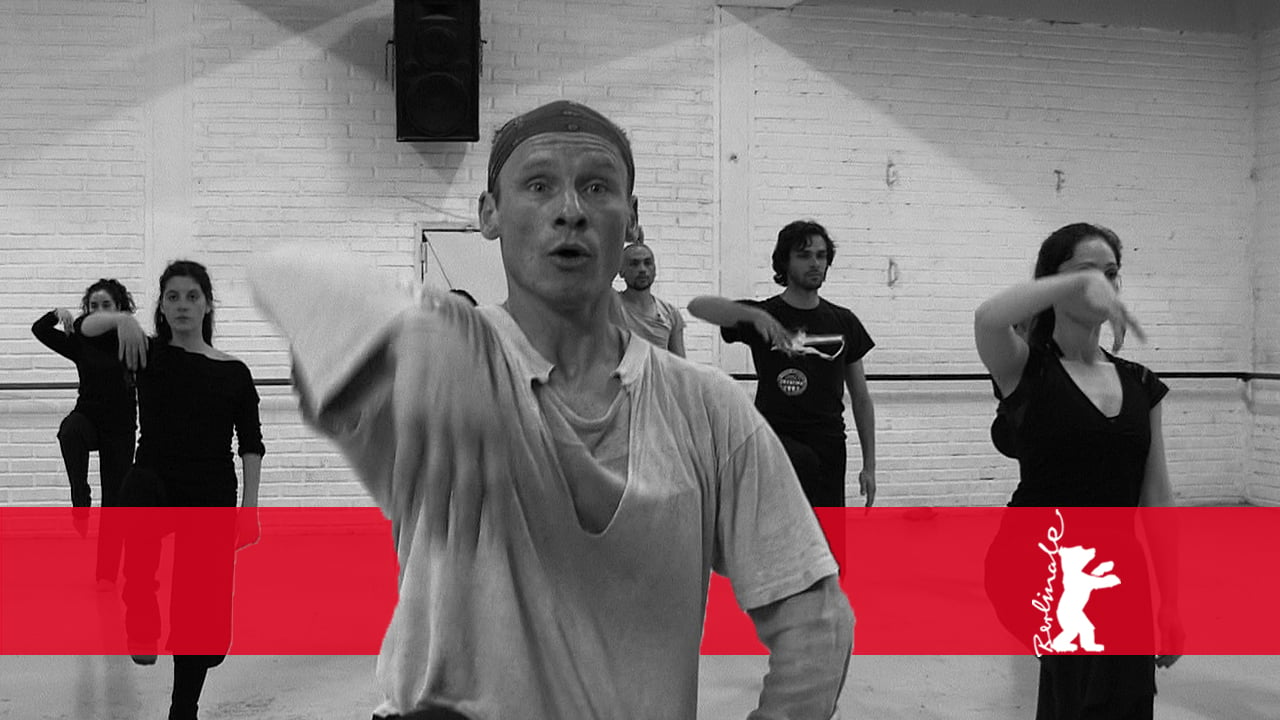I watched all the films that were being shown this year in the Berlinale’s “Perspektive Deutsches Kino” section. I would particularly like to recommend two of them – and one of them even changed my view of Berlin when buying bread rolls.
+++ opinion +++
In the section “Perspektive Deutsches Kino”, the Berlinale regularly shows films by directors who are still at the beginning of their careers. While other festival sections – above all the prestigious competition – get a lot of (international) attention, the “Perspektive Deutsches Kino”, on the other hand, unfortunately sometimes goes a little bit under.
The films of “Perspektive” should be playful, headstrong and provocative, at least that is what the Berlinale has set out to do. And even if that certainly does not apply to every contribution, over the years I have found a lot of joy in uncovering so many treasures in this Berlinale section that I would otherwise have missed completely.
In 2019 and 2020 it was mainly the documentaries from “Perspektive Deutsches Kino” that stayed with me in my head for the rest of the year, above all “Born in Evin” and “Walchensee Forever”, which later became regular started in cinemas – and I would also like to highlight two documentaries from the year 2021.
“Instructions For Survival”: Transgender people can kill you
The director Yana Ugrekhelidze was born in Georgia in 1984. Sasha, whom she accompanies with the camera in “Instructions For Survival”, was also born there, but was registered after the birth with a gender that did not correspond to his inner feelings. Sasha is a trans man – and therefore has to fear for his life in his homeland.
Yana Ugrekhelidze accompanies Sasha through his everyday life in Georgia. The director also lets his family have their say, or better said: the part of his family that still wants to have something to do with him. Because Sasha’s trans identity has led to harsh rejection on all levels.
It ranges from politicians who openly call for the murder of trans people and all non-straight people, to Sasha’s mother who disowned him with the words, “It would be easier for me if you were in prison or dead.”
“Instructions For Survival” hit me with enormous force because Sasha and his confidants report openly and clearly about humiliation, exclusion and physical violence.
This creates the hard, disturbing and certainly not false impression that all of this is part of everyday life in Georgia. In the end, Sasha and his wife Mari made the decision to flee the country – and in Belgium he was actually welcomed with a smile.
“Keep moving”: I walk over the wall every day
A particularly hackneyed phrase about the effect of cinema is: “Cinema changes the way we see the world.” However, the documentary film “Keeping Moving” by Salar Ghazi actually managed to make me perceive my world differently. The film shows interviews with members of an East Berlin dance group who are still alive today, who performed together before the fall of the Berlin Wall in 1989 and five of whom ultimately fled to the West.
As the figureheads of the real socialist regime, the dancers were allowed to travel the world for their performances, but apart from that they were just as imprisoned in their country as all other GDR citizens. In Berlin, the wall – additionally guarded by border guards – prevented people from leaving the country.
 Salar Ghazi
Salar Ghazi The choreographer Birgit Scherzer. She fled to the west.
–
I live on a street that is right on the border with the former GDR part of Berlin. If I walk to Pankow in two minutes, for example on Saturday morning to get bread and rolls, I also go under the S-Bahn tracks at Wollankstrasse station and use it to cross the former border of the Berlin Wall.
So far I have only been aware of the latter in an abstract way, just as I only vaguely become aware of the past when I stand in front of the memorial of some battle that is said to have taken place at this point: I know the story, but I don’t have the impression that it has something to do with my life.
But since I’ve watched “Keep moving”, I think of the Berlin Wall every time I cross to Pankow, to this bare, ugly building, this architectural admission, built in 1961, that there is no other way to keep citizens in their own country than to turn the whole country into a prison. And I remember that damn wall is gone now. The naturalness with which I cross a border suddenly feels very free.
In the documentary, the precisely described, very personal everyday experiences of the GDR dancers form an image of a perfidious dictatorshipwhich, from today’s point of view, are all too easy to downplay as somehow very funny Trabbi country. Apart from sporadic old dance scenes or occasional recordings from today’s life of the protagonists, the dancers just sit in front of the camera and tell about the past.
Formally, this may seem a bit dull, especially with a running time of proud two hours and 20 minutes, but the actual film here is more in the mind of the audience anyway.
It’s a film about decades of imprisonment, a film about imprisoned dancers. Fortunately, “keep moving” never suffocates in melancholy dismay!
Because the dancers from “Keep Moving” tell personal, humorous anecdotes instead of just talking about the horrors of the Wall and the Stasi. You can feel that they were having fun back then. But it was “just always very pleasant when someone from the dance ensemble only ran away to the West after the last performance of a season”, because then everything didn’t have to be changed again in the middle of the company to replace the person who had fled.
Also in the program of this year’s “Perspektive Deutsches Kino”:
“Jesus Egon Christus” by David Vajda and Sasha Vajda
„Wood And Water“ Jonas Bak
“Die Saat” by Mia Maariel Meyer
„When A Farm Goes Aflame“ von Jide Tom Akinleminu
From March 1st to 5th, 2021, the Berlinale took place this year exclusively as a digital platform for the film industry. A public festival is planned from June 9th to 20th, where the films will then also be shown for regular visitors in Berlin’s (open-air) cinemas.
 Webedia / Sebastian Gerdshikow
Webedia / Sebastian Gerdshikow
–
–


